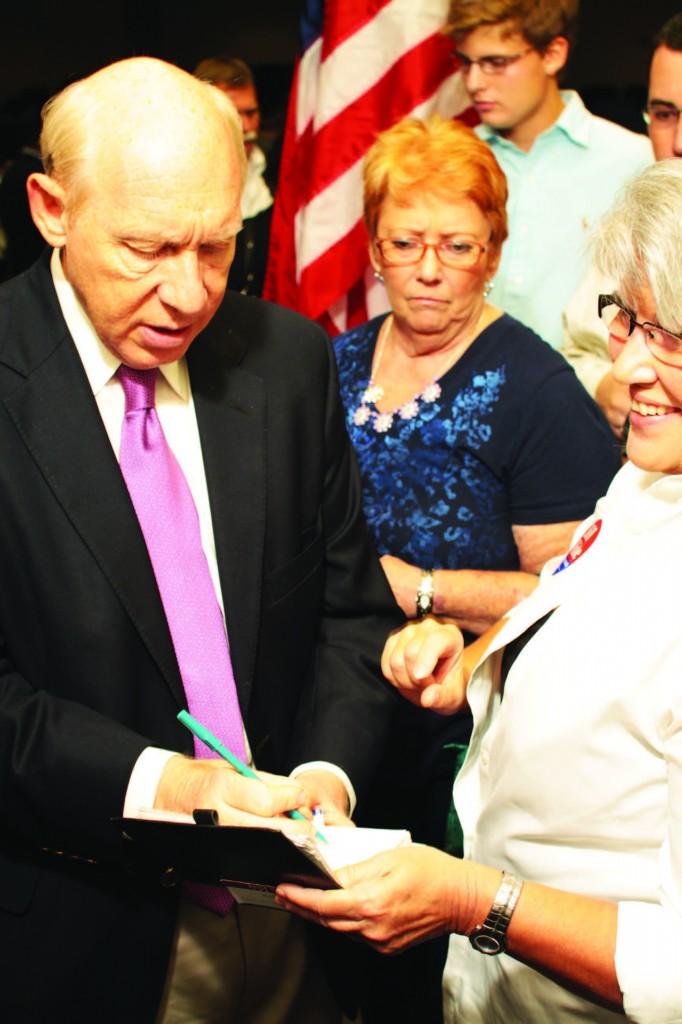Viewpoint by Charles Swanigon/reporter
During Hispanic Heritage Month, some people may wonder why non-Latinos should care about Hispanic holidays. Here’s why.
Latinos represent the future of the United States. Several studies have concluded that by 2050, Hispanics will surpass whites as the majority in the U.S.
Businesses informed on Latino culture and events have a leg up when vying for Latino business and in urging Latino employees to excel.
“The U.S. Hispanic purchasing power has been estimated at a staggering $870 billion in 2008 and continues to grow. By the end of 2015, it is estimated to reach as much as $1.3 trillion,” according to the website Hispanic Population.
Also, the southwestern portion of the U.S. has deep Latino roots. Texas heading west to California was once part of Mexico.
European countries are currently experiencing a decline in population, but thanks to Latinos, the U.S. continues to grow. Sen. Jon Kyl, chairman of the U.S. Senate Subcommittee on Immigration, Border Security and Citizenship, has said of the 100 million people added to the U.S. population since the 1960s, Latinos account for 36 percent, representing the largest minority.
Understanding also helps people get along.
“The more we learn about other countries and their cultures, the more accepting and tolerant we will be,” said Larisa Poveda of NE continuing education.
There is an opportunity on a personal level for us to better ourselves.
“If we as Americans constantly turn our back on learning from one another, we’ll miss out on one of the best educational experiences possible,” said Monica Sosa, SE cultural studies instructor.
And it is not just domestic spending to consider.
“U.S. trade with Latin America grew 33 percent in the first half of the year thanks to both exports and imports showing strong growth,” according to a Latin Business Chronicle article.
Learning about our fellow countrymen can help socially, politically and financially.























